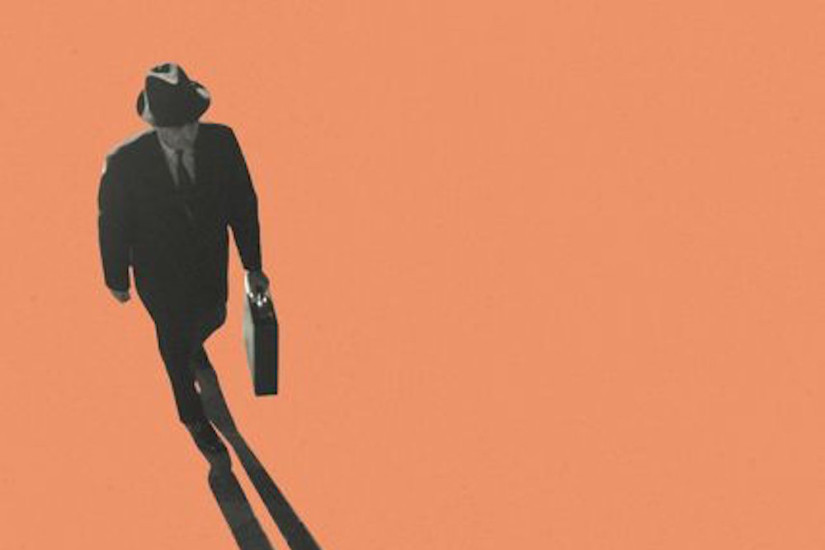JENNIFER CROFT: What first drew you to J. Robert Oppenheimer, or to the Trinity test?
LOUISA HALL: I wanted to write a book about the difficulty of knowing other people, especially when the stakes are high: when we feel we have to understand someone, if we’re going to survive him. But I was still looking for a form that would allow me to explore that difficulty when I picked up American Prometheus, Kai Bird and Martin Sherwin’s incredible biography of Robert Oppenheimer. And as I was reading about his security hearings — when his colleagues and friends and family members were called to testify on his behalf, or against him, and almost universally ended up admitting that they didn’t entirely understand the decisions he’d made, that despite years of friendship, even years of intimacy, they couldn’t be sure that they’d ever known him — I started to think that perhaps this was my form: a series of testimonials on the nature of a man who seemed to hold the keys to the most frightening new technology on the planet.
Reading American Prometheus also got me thinking about the limits of biography. It’s the most complete possible biography — all the information is there. And yet, turning the pages, I was still plagued by the feeling that the Oppenheimer was evading me. Virginia Woolf says that biographers can only “give us the husk” of a life. Fiction, she says, can “extract the atom.” As I was reading American Prometheus, and all the other biographies of Oppenheimer that I could find, I was thinking about the question of getting beyond husks. What is the atom of a life? And how can fiction access it, in ways that biographical narratives can’t?
Your last novel, Speak, also works by switching perspectives. What appeals to you about this structure?
There’s a line in Olga Tokarczuk’s Flights — brilliantly translated by you — that explains my love of switching perspectives more elegantly than I ever could: “Constellation, not sequencing, carries the truth.”
Every time I try to write a story that proceeds in one voice toward a final conclusion, I have to stop. It’s circling around an idea — not marching directly into its center — that allows me to see it more clearly: from all its angles, in all its different forms, as it appears to all its different perceivers.
